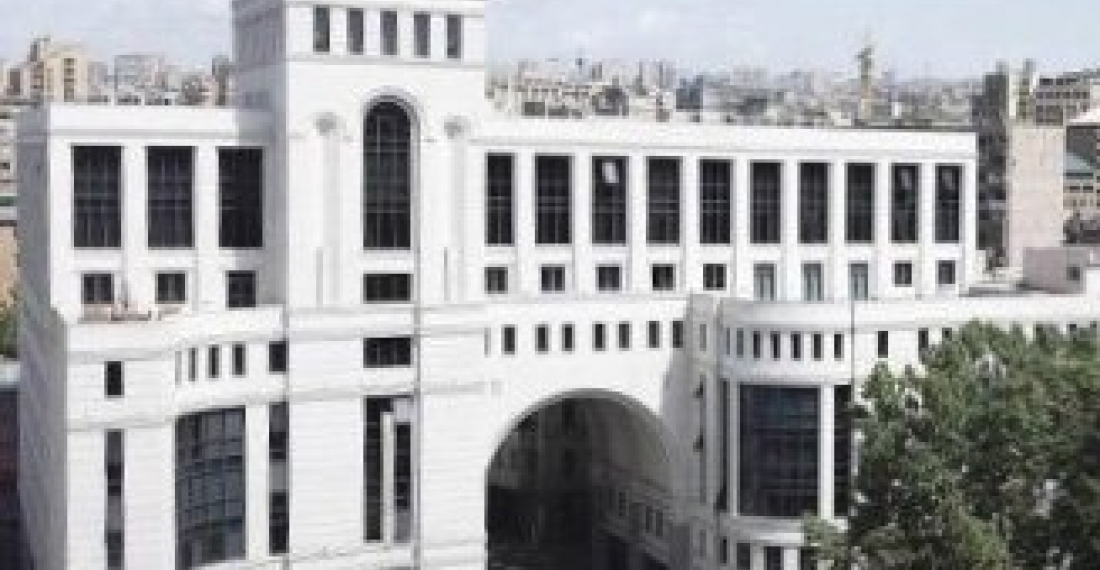The Government of Armenia has made its first comment on the statements of the president of Azerbaijan, Ilham Aliyev during which he negatively assessed the current state of the peace negotiations with Armenia, which he described as "virtually non-existent". Aliyev was speaking in an interview with his country's main TV channels on Saturday (19 September)
read more on commonspace.eu here
The spokesperson of the Armenian Foreign Ministry, Anna Naghdalyan, on Sunday issued a comment published on the Ministry website. She said:
The statements made by the President of Azerbaijan during the groundbreaking ceremony at the Absheron mine are deeply disappointing. They show the inability of the leader of the neighboring country to soberly perceive the created reality without painful emotions, his own role in creating that reality.
Such rhetoric, where there are obviously baseless and even false allegations, does not bring honor to any head of state.
We are aware of the peace process by Azerbaijan in 2016. The damage caused by the April attack and the military escalation in July 2020. In order for these damages not to become irreversible, the Azerbaijani leadership must reconsider its policy of use of force, threat of force, renounce attempts to destabilize regional peace, security in the South Caucasus with the involvement of extra-regional forces, and prepare for a peaceful settlement.
Armenia is confident in its ability to defend the right of the people of Artsakh to self-determination, to live in the historical homeland, and it is with that confidence that we reaffirm that there is no alternative to a peaceful settlement of the issue.
Source : commonspace.eu with the Ministry of Foreign Affairs of Armenia
photo: The building of the Ministry of Foreign Affairs of Armenia in Yerevan (archive picture)







